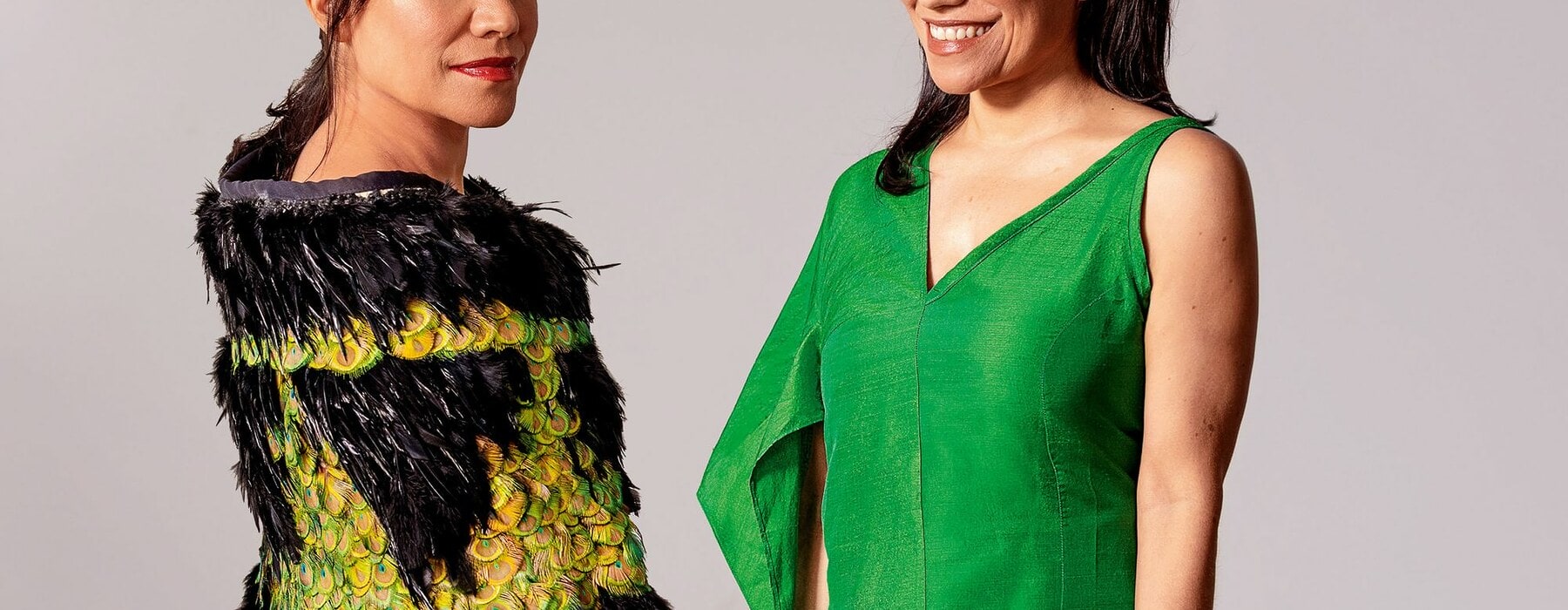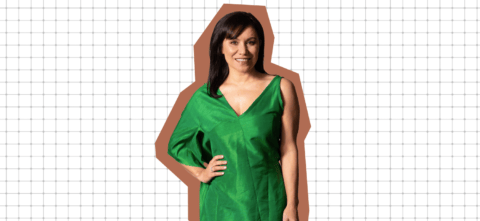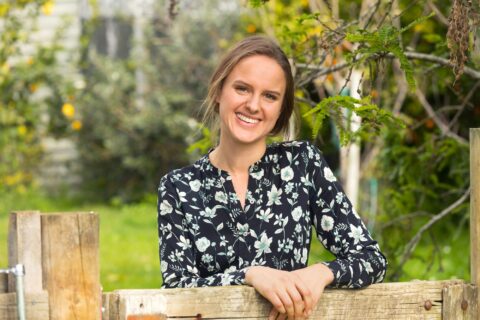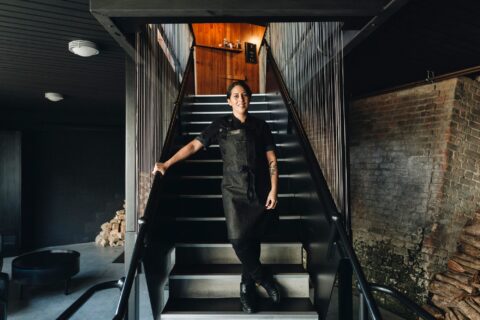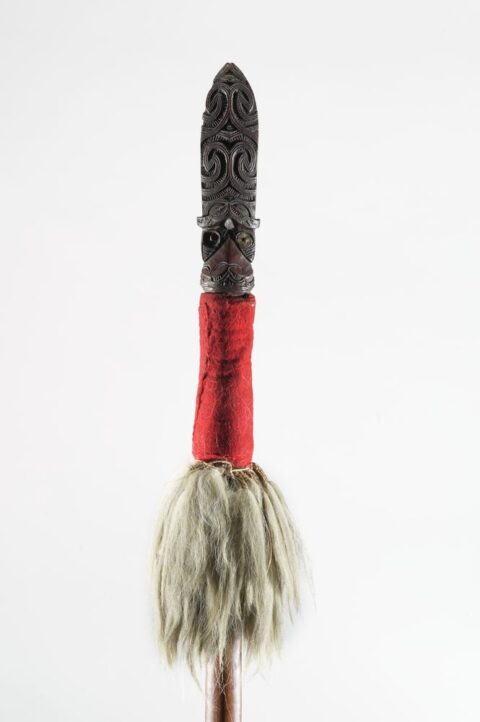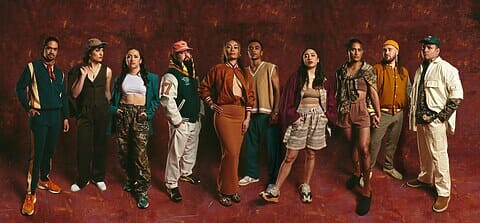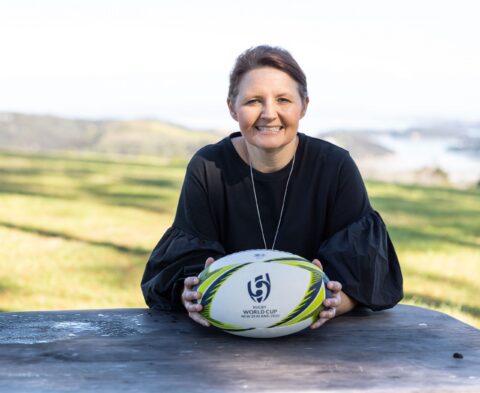Stacey Morrison examines the challenges of expressing your cultural identity and answers the question: “Am i Māori”?
It’s amazing what punctuation can do. With a question mark, the first statement is asking, “Am I Māori?”
Without that question mark, the second says “I am Māori”
It probably says a bit about translation to English and the difference of word order too, but these are actually a couple of statements about how challenging it can feel to identify as Māori, when you’re not completely sure about where your people come from, and your whānau has not connected with your marae for various, often traumatic, reasons.
I hadn’t known that was the experience of Sido, our wonderful editor of Woman, even though we’ve known each other for many years – because talking about how we identify ourselves at a cultural level and the intricacies of our whakapapa is often not everyday conversation.
A big challenge for us in Aotearoa is that whakapapa (lineage, genealogical descent) is so central to Māori culture. Knowing our whakapapa is how we know who our people are, our iwi (tribe), our hapū (kinship group or subtribe) and our whānau.
I’ve written in an earlier column about how all of those words and concepts have a layered meaning relating to pregnancy – hapū/bone, iwi/strength and whānau/ birth – which all give another affirmation of how important blood ties are. This is fairly straightforward (yet always complicated and interesting!) if you know your whakapapa links, but much more challenging if you don’t.
I’ve heard people say, “Poppa was Māori”, or, “My great-great-grandmother was”, and I took that to mean people know they have tūpuna Māori (Māori ancestors), but it may be that the wider links and connections aren’t known. Sometimes that is expressed as being “one-sixteenth Māori”, which, apart from being dizzying math, gives oxygen to an idea that blood quantum decides whether you’re allowed to identify as Māori or not.
Indigenous people around the world have had to justify their connection to land and resources by verifying the “amount” of indigenous blood they have, as if it could be overruled by other parts of their whakapapa.
If you have whakapapa Māori, you are Māori. How you identify – and what that means for your lifestyle and life choices – is up to you. There is no measurement required; toto (blood) connects us to our tūpuna. But in that hard place of knowing, or half-knowing, that you have toto Māori, how do we make those connections?
One ancestral name can help connect many dots, and, as Dr Hinemoa Elder said beautifully in the book Womankind: “There are people on the marae waiting for you. There’s a community that knows who you are; that knows you exist. There are people out there who are part of you and you’re part of them.”
Te reo Māori can unlock part of this connection, to be sure, and part of my struggle to learn my ancestral tongue was to be able to express who I sensed I was meant to be. Te reo Māori gave me the words for feelings I didn’t know I had.
But again, it’s not a qualification you have to earn to be Māori – with whakapapa, toto and whanaungatanga (kinship), you already are.

